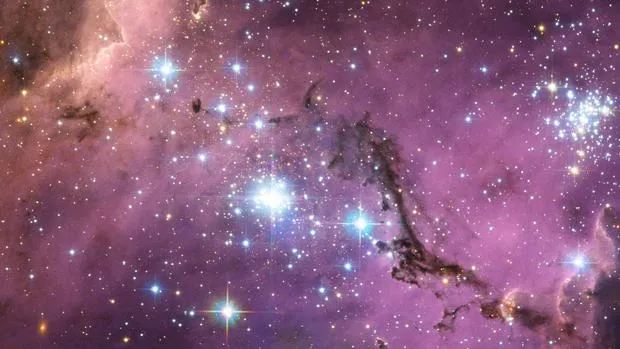Despite the fact that planet hunters have already claimed nearly 4,000 "pieces", nobody has yet managed to safely present the discovery of an exoluna. Worlds of all kinds flood the catalogs of astronomers, and the numbers do not stop growing. Aquatic, gaseous, rocky, frozen, burning planets, even made of diamond ... But not a single moon around any of them.

However, according to a team of researchers from Cornell University in New York, the Universe could be literally flooded with solitary objects that were born as moons, but were violently expelled from their systems by their convulsed planetary hosts. The investigation has just appeared on arXiv.org.
Of course, one of the reasons why we have not yet found moons is that they are very small in relation to the worlds that orbit and are, in addition, at distances that defy the limits of detection of our best instruments. But the authors of this research point to another interesting possibility: we do not see them because they are not there, or at least not in the expected quantity. To reach this surprising conclusion, astronomers Yu-Cian Hong, from Cornell University, and Sean Raymond, from the National Center for Scientific Research in France, conducted a series of computer simulations aimed at discovering what might have happened with the moons of a planetary system in full formation.
We know that the planets tend to be born in the midst of the initial chaos of a newborn star system, a violent and hostile environment in which the collisions between the worlds in full formation occur as usual. In search of a stable orbit, in effect, the planets are pushed and move one another. And that process can be catastrophic for the fledgling moons around those distant worlds.
In fact, the model developed by Hong and Raymond's team clearly shows that "primordial moons" are expelled by their planets between 80 and 90 percent of the time. And that most of those moons ends up being lost without remedy in the void of interstellar space. According to Raymond, in the Milky Way there could be between one and a hundred moons wandering for each star that exists, which would shoot its number to several hundred billion, only in our galaxy ..